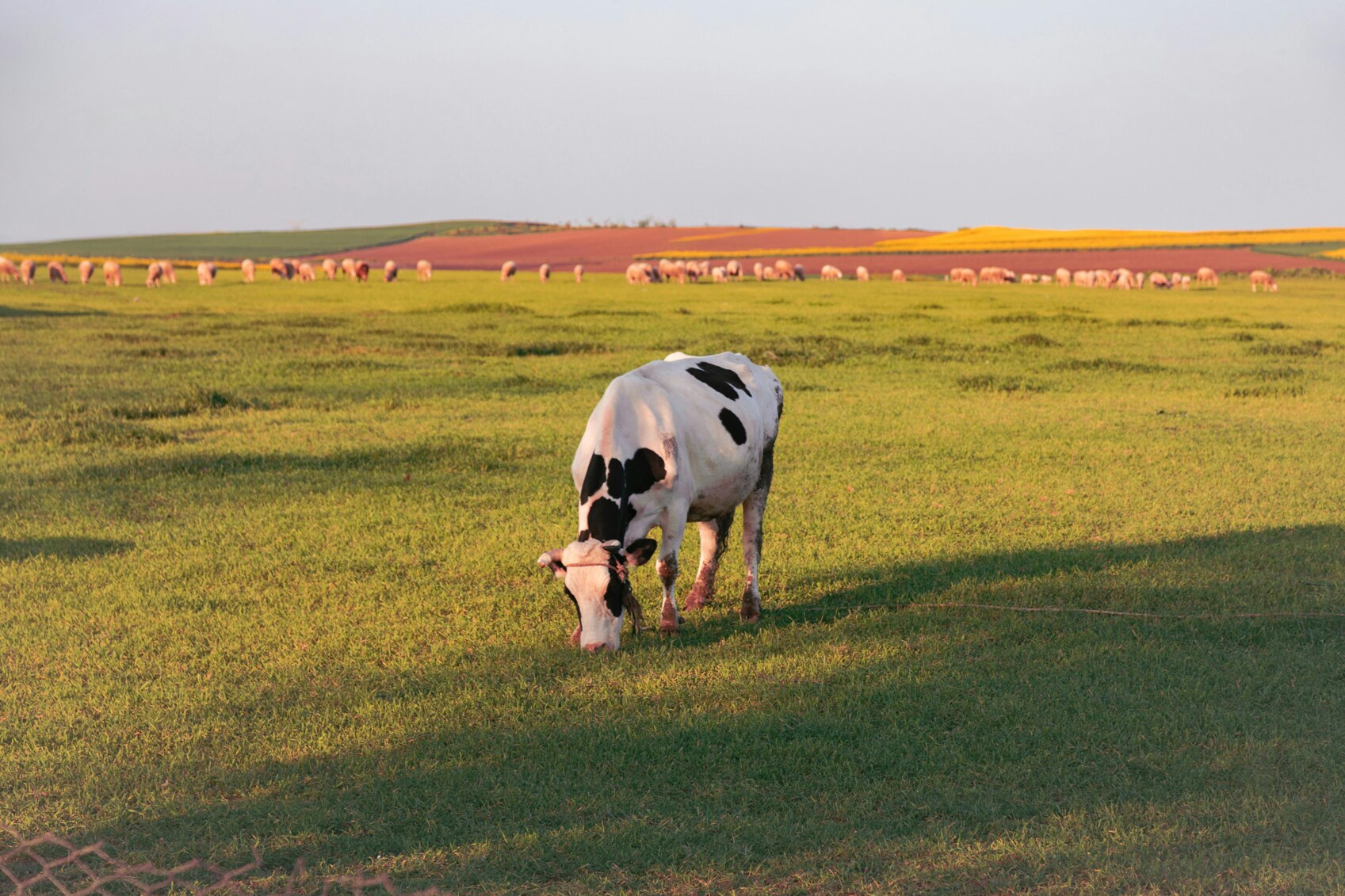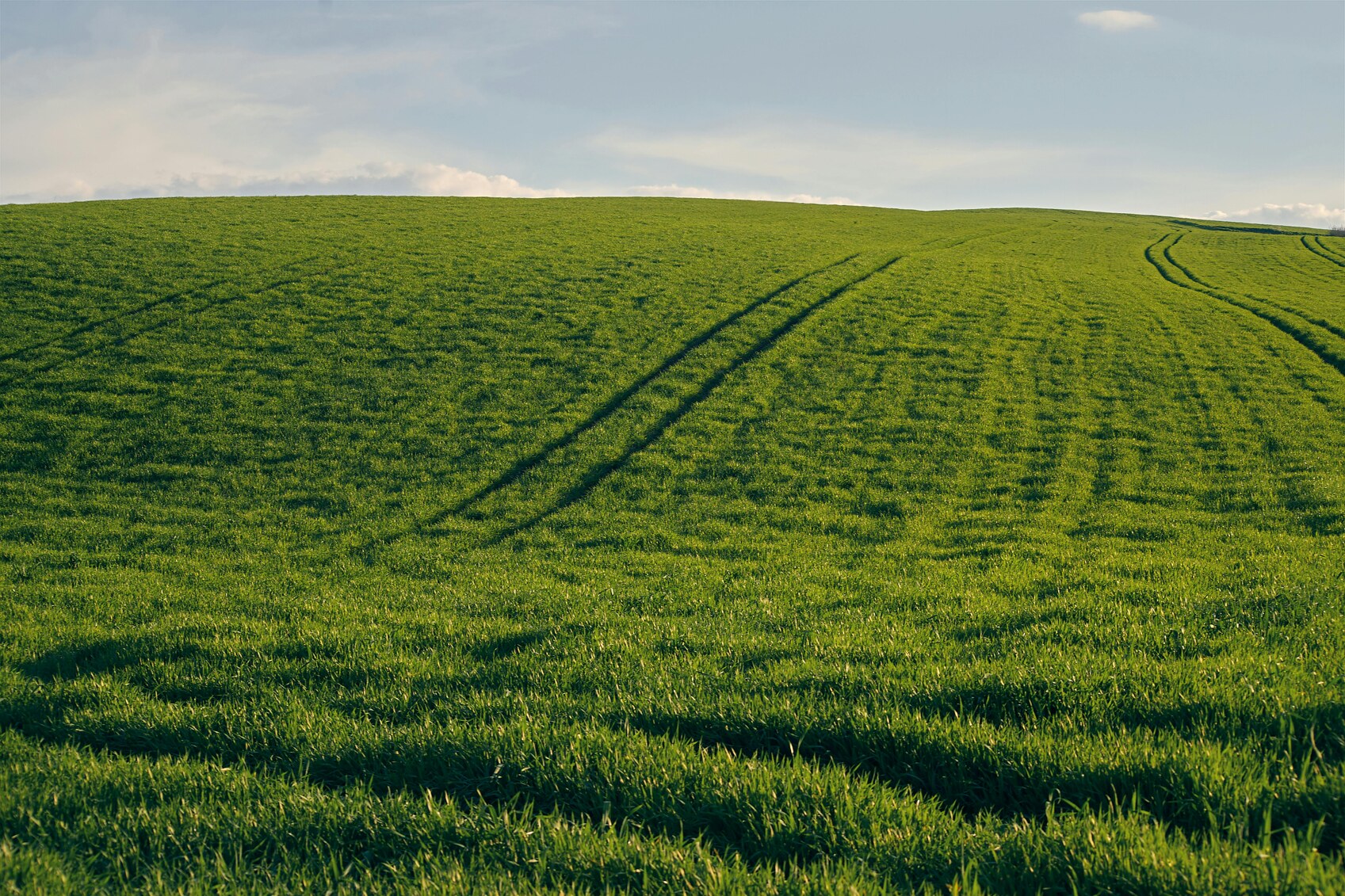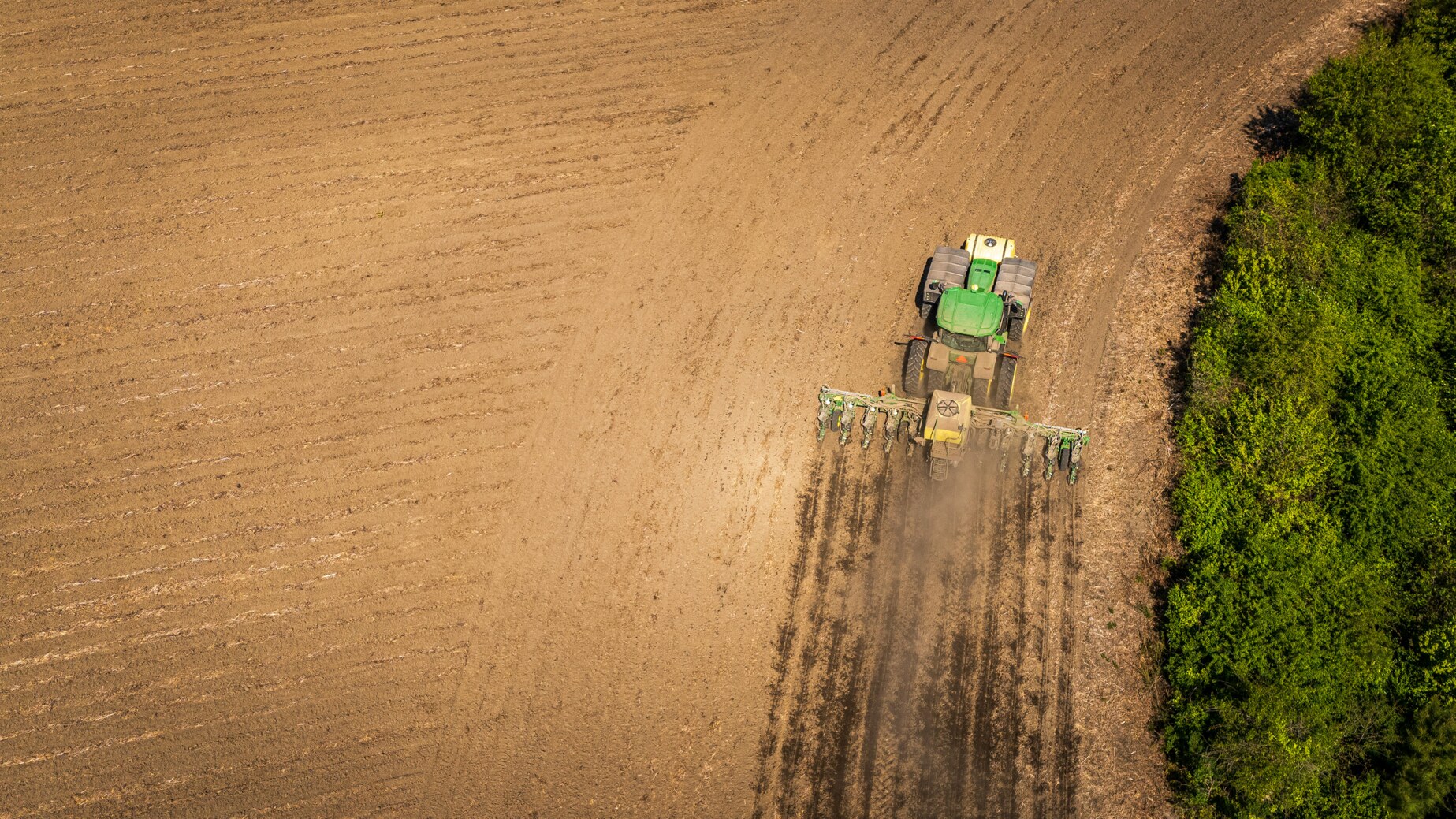How to Start a Hobby Farm: A Beginner's Guide


How to Start a Hobby Farm: A Beginner's Guide
Introduction
So, you’ve decided you want to start a hobby farm, a meaningful passion project to help satisfy your green thumb. Well, you’ve come to the right place. Embarking on a hobby farm journey offers a rewarding connection to the land, blending the joy of agricultural pursuits with sustainable living practices. Unlike commercial operations, hobby farming focuses on small-scale production primarily for personal fulfillment, although it can be a profitable pursuit. This balanced approach allows individuals to experience farm life without the pressures of commercial agriculture. Whether you're dreaming of fresh eggs each morning, homegrown vegetables, or the satisfaction of self-sufficiency, starting a hobby farm provides a tangible way to reconnect with nature while developing valuable skills. Laying the groundwork for having your hobby farm begins with thoughtful planning and going into it eyes wide open about the time, resources, and knowledge required.
To help you out, we’ve put together a comprehensive guide to starting your hobby farm.


Planning Your Hobby Farm
The very first step is establishing clear objectives for your hobby farm. This creates a foundation for success, whether you're aiming to grow organic produce, raise heritage livestock breeds, or simply create a peaceful rural retreat, it’s pivotal to define your end goal. Begin by thoroughly assessing your available resources, including land size (even small acreages can support productive hobby farms), financial investment capacity, and realistic time commitment alongside other responsibilities. The location of your hobby farm deserves careful consideration, with attention to factors such as soil quality, water access, seasonal climate patterns, and proximity to veterinary services or agricultural suppliers. Focus on researching local zoning regulations thoroughly, as even rural areas may have restrictions on the types and numbers of livestock or agricultural activities. Consulting your local agricultural extension office can provide valuable guidance on regional requirements and permits needed before investing in animals or infrastructure.


Getting Started with Your Hobby Farm
Developing a comprehensive site plan forms a crucial second step in hobby farm implementation. Doing this allows you to visualise and optimise your space for different zones such as vegetable gardens, orchards, animal housing, and storage areas while considering natural land features and sun exposure patterns. Invest strategically in essential equipment that aligns with your farm's focus. Beginner hobby farmers should prioritise investing in versatile tools like quality hand implements, secure fencing appropriate for planned livestock, basic irrigation systems, and functional rather than fancy shelter structures. When selecting crops and livestock, choose varieties well-adapted to your specific climate and soil conditions, with beginner-friendly options including hardy vegetables, berry bushes, chickens, or Nigerian dwarf goats. These require less space and expertise than larger livestock. Starting small represents the wisest approach to hobby farming, allowing you to develop personalised and successful management systems incrementally while gaining valuable hands-on experience, ensuring the greatest chance of success.


Sustainable Practices for Your Hobby Farm
Incorporating regenerative techniques like composting food scraps and animal manure creates a closed-loop system that lowers operating costs while boosting soil health and fertility. Promoting biodiversity across your hobby farm strengthens its ecosystem resilience. To facilitate this, consider establishing habitat corridors with native flowering plants to support pollinators, beneficial insects, and natural pest predators while maintaining healthy field margins and untilled areas. Implementing water-saving measures like rainwater harvesting, drip irrigation, and drought-resistant plants reduces resource use while ensuring crops stay hydrated. These practices, along with renewable options like solar-powered fencing and LED lighting for animal care, reflect the responsible land stewardship valued by hobby farmers.

Conclusion
The hobby farming journey offers profound rewards beyond tangible harvests—many practitioners report improved mental well-being, deeper environmental awareness, and valuable intergenerational skill transmission alongside the satisfaction of producing wholesome food. As you begin your hobby farm adventure, remember that success comes through observation, adaptation, and community connection rather than rigid adherence to textbook approaches. Embrace the learning process with patience, knowing each season brings new insights and refinements to your farming practices.
Other Hobby Farming Guides
Common Hobby Farm Mistakes and How to Avoid Them
Best Livestock for Beginners: Choosing Your First Animals
Find Hobby Farms for Sale by State
Hobby farms & Farmlets for sale in NSW
Hobby farms & Farmlets for sale in VIC
Hobby farms & Farmlets for sale in WA
Hobby farms & Farmlets for sale in SA
Hobby farms & Farmlets for sale in TAS
Hobby farms & Farmlets for sale in NT
Frequently Asked Questions:
What is a hobby farm?
A hobby farm is a small-scale agricultural operation run primarily for pleasure rather than as a primary income source. These farms typically range from 2-50 acres and combine food production with lifestyle benefits, emphasizing self-sufficiency and sustainable practices while allowing owners to maintain their careers.
How much does it cost to start a hobby farm?
Initial hobby farm costs vary significantly based on land prices, infrastructure needs, and equipment choices, typically ranging from $5,000-$20,000 beyond land acquisition. Major expenses include fencing ($1,500-$5,000), basic equipment ($2,000-$5,000), animal purchases ($500-$3,000), and shelter construction ($1,000-$7,000), with ongoing monthly operational costs between $300-$1,000.
What are the best animals to raise on a hobby farm?
Chickens make excellent starter livestock with low maintenance requirements while providing eggs and pest control. Other beginner-friendly animals include rabbits (efficient meat producers requiring minimal space), Nigerian Dwarf goats (manageable size with milk production), and honeybees (supporting pollination while producing honey), with selection dependent on space limitations and local regulations
Check out Farmbuy's comprehensive guide to the Best Livestock for Beginners: Choosing Your First Animals
Do I need any experience to start a hobby farm?
While prior farming experience is beneficial, many successful hobby farmers begin with limited knowledge but compensate through research, workshops, mentorship from established farmers, and starting with manageable projects. Agricultural extension offices offer valuable resources, including soil testing and beginner courses, helping newcomers develop the necessary skills incrementally.
Can I make money from a hobby farm?
While hobby farms primarily focus on lifestyle benefits rather than profit, many generate supplemental income through specialized high-value products like artisanal cheeses, heritage breed meats, or organic seedlings. Direct-to-consumer selling through farmers' markets, CSA programs, or farm-to-table partnerships typically yields better returns than wholesale channels, though most hobby farms remain supplemental rather than primary income sources.
Where can I find hobby farms?
If you’re considering starting your own hobby farm, Farmbuy has a vast variety of listings across Australia at diverse price points to suit your needs. Click the following link for more information on buying hobby farms in Australia. Furthermore, click on the following link to get further information on how to buy a farm.







